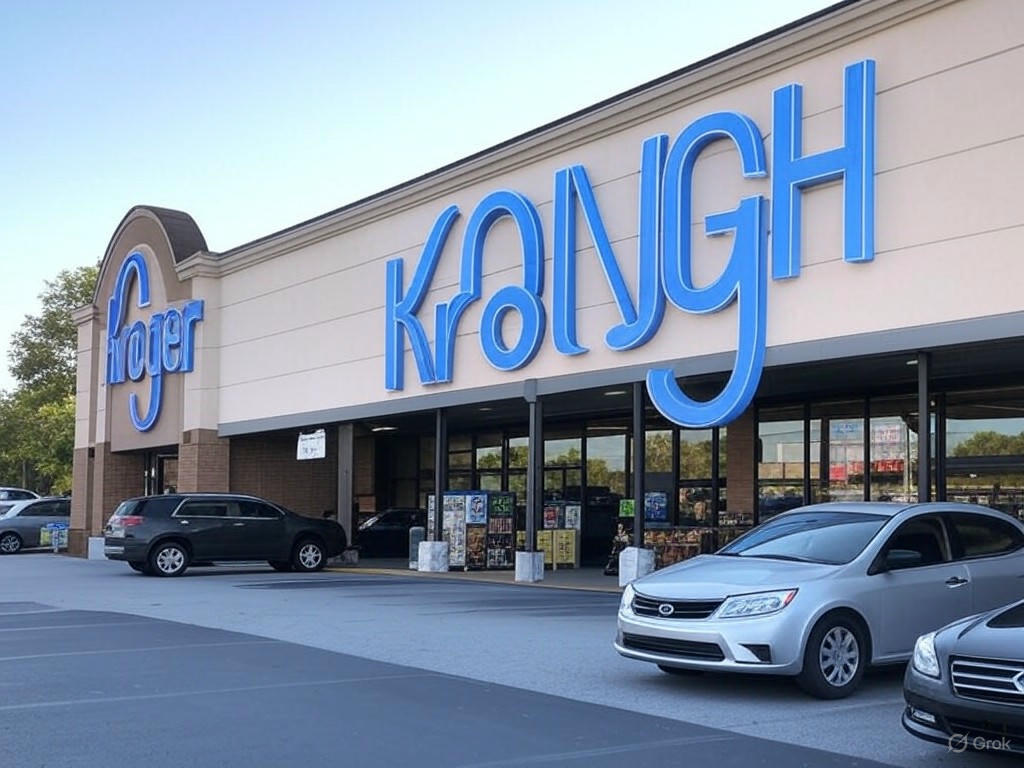Kroger’s Metro Atlanta Closures Signal Shifting Retail Landscape
In a surprising move for metro Atlanta shoppers, Kroger has announced the closure of four of its stores in the region over the next few months. The affected locations span across Atlanta, Alpharetta, Brookhaven, and Decatur, impacting communities that have long relied on these outlets for their grocery needs. This decision, confirmed by the company earlier this week, raises questions about the future of retail in these bustling suburban and urban areas, as well as the broader strategies of one of America’s largest supermarket chains.
The closures come at a time when the retail sector is undergoing rapid transformation. With the rise of online shopping and delivery services, traditional brick-and-mortar stores are facing unprecedented challenges. Industry experts suggest that Kroger’s decision may be part of a larger effort to streamline operations and focus on more profitable locations or digital platforms. While the company has not publicly detailed the specific reasons for shutting down these particular stores, local speculation points to factors such as declining foot traffic, high operational costs, and the need to adapt to changing consumer habits. For residents of these areas, the closures mean not only the loss of a convenient shopping option but also potential job cuts for store employees, adding an economic ripple effect to the news.
Local leaders and community members have expressed mixed reactions to the announcement. In Decatur, where small businesses often thrive alongside larger chains, some see the closure as an opportunity for independent grocers to fill the gap. Meanwhile, in Alpharetta and Brookhaven, concerns are mounting over access to affordable groceries, especially for families who depend on Kroger’s competitive pricing. Atlanta residents, accustomed to the hustle and bustle of urban life, worry about the added inconvenience of traveling farther for essentials. Community forums and social media platforms are abuzz with discussions on how these closures will reshape daily routines and whether other retailers might step in to replace the departing giant.
Looking ahead, Kroger’s move could signal a broader trend among major retailers to reevaluate their physical footprints. As e-commerce continues to dominate, companies may prioritize investments in technology and logistics over maintaining expansive store networks. For metro Atlanta, this could mean a shift toward more localized shopping experiences or an increased reliance on delivery services. However, it also poses a challenge for city planners and developers to repurpose the soon-to-be-vacant spaces in ways that benefit the community.
As the closure dates approach, the focus will likely turn to supporting affected employees and ensuring that residents are not left without viable grocery options. While change is inevitable in the fast-evolving world of retail, the departure of these Kroger stores serves as a reminder of the delicate balance between progress and community needs. Metro Atlanta will undoubtedly adapt, but the path forward remains a topic of keen interest for shoppers, businesses, and policymakers alike.


